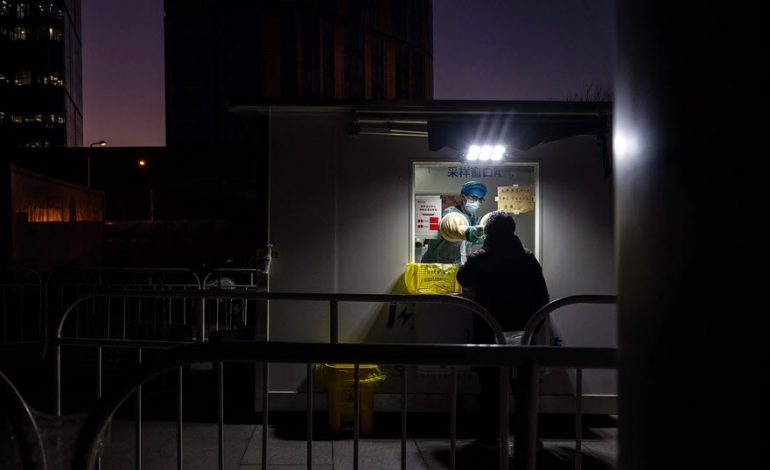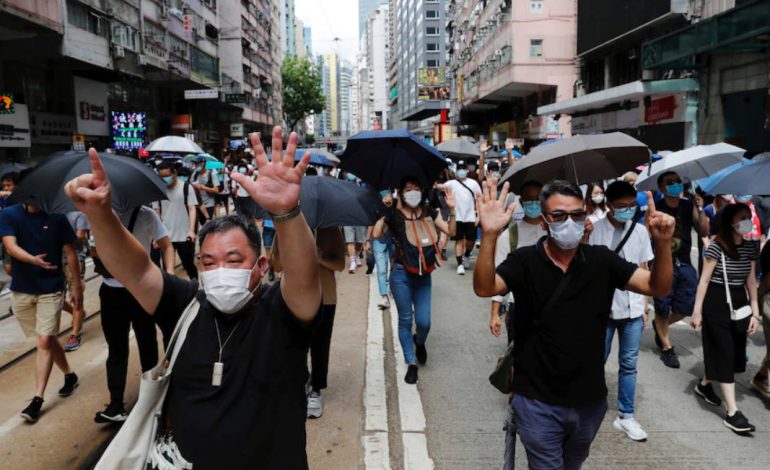
Can China Ever Reopen?
By Timothy McLaughlin
05 February 2022
Xi Jinping’s first and only priority is political security, making a quick reopening almost untenable.
One day in January 2020, a team of experts from Beijing arrived in Wuhan, China, to investigate the origins and assess the scale of an outbreak of a mysterious virus. At least 60 people in Wuhan had already fallen ill. Troublingly, cases had begun to surface in Thailand and Japan.
The same day, Chinese President Xi Jinping departed from Myanmar, formerly known as Burma, where he had met with the country’s leaders. His bulbous jumbo jet took off from the sparsely used airport in Naypyidaw, Myanmar’s capital, and, escorted by four Burmese fighter jets, headed back to China. It landed in Beijing that evening. Xi has not left his country since.
In the 24 months since Xi returned from Myanmar, China has pursued the impossible, working to maintain zero COVID-19 infections within the country through strict lockdowns, tightly controlled borders, and the deployment of a ubiquitous digital health-code system, measures executed by legions of medical workers, community volunteers, and ordinary citizens. The pandemic has provided Chinese leadership with an opportunity to consolidate power domestically and wall itself off from its neighbors under the guise of protecting public health.
Xi, a 68-year-old who came to power in 2013, is China’s most powerful leader in decades. During his country’s long fight to contain the coronavirus, he has also been busy on other fronts. Domestically, Xi is drastically reshaping China’s business landscape, reining in the tech industry that created some of the country’s best-known companies. Nationalistic attitudes and rhetoric, particularly about America and its abject failure to handle the pandemic, have flourished. Xi’s government still questions the origins of the virus, and its information ecosystem propagates misinformation about how it is spread. Internationally, Beijing’s relations with the United States are severely strained as Joe Biden tries to rebuild alliances among nations that see China as a rising and threatening military force. Xi has hunkered down and China appears to be retreating into itself. “China’s decision to turn more inward preceded the pandemic but has been intensified by it,” Jean-Pierre Cabestan, a political-science professor at Hong Kong Baptist University, told me.
A number of policies enacted by Xi point to a leader and a country that are much more domestically focused and isolated than they were in 2013, Cabestan said. These changes include Document No. 9, a paper released that year denouncing a host of Western ideas; a “Made in China” strategy unveiled in 2015; and the enactment of a sweeping national-security law in Hong Kong in 2020. These sorts of decisions point “in the same direction: Move away from the West and attack its ideology; reduce China’s dependence upon the outside; enhance its economic and technological self-reliance,” Cabestan said. COVID erupted at “a convenient time, which has been instrumentalized to accelerate China’s polity and society’s isolation and self-protection,” he added.


